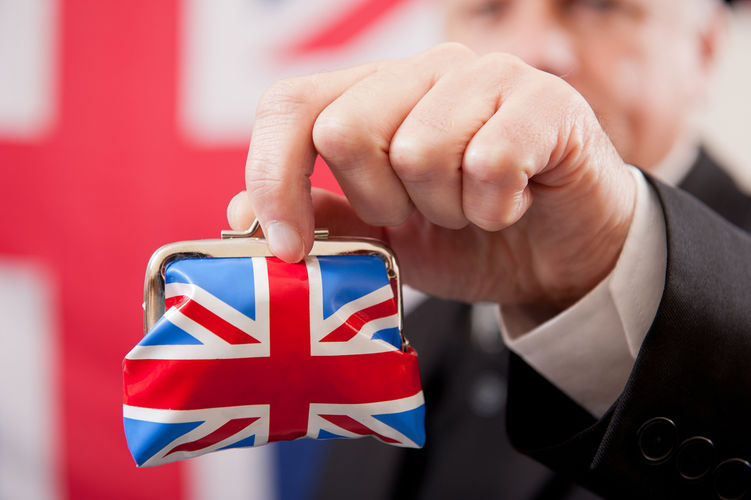Markets
U.K. Confidence Falls to Lowest Since Just After Brexit Vote

- U.K. Confidence Falls to Lowest Since Just After Brexit Vote
Sentiment among U.K. households fell to its lowest level since just after the Brexit vote as the rising cost of living and inconclusive general election deterred Britons from spending on big-ticket items.
GfK’s consumer-confidence index dropped to minus 10 this month, the weakest since the minus 12 recorded July 2016, the first full survey after the European Union referendum, the market-research firm said Friday. Its survey of 2,000 Britons, carried out before and after the June 8 election, found their attitude toward the economy and their personal finances deteriorated. A gauge of their inclination to make major purchases also plunged to the lowest in a year.
The findings point to continuing pressure on consumer spending, the engine of the British economy. With Prime Minister Theresa May reliant on the support of a Northern Ireland party to stay in power as complex EU negotiations get under way, households are facing heightened political uncertainty at a time when rising inflation triggered by the weaker pound is eating into their incomes.
The survey “reveals a sharp drop in confidence among consumers across all measures,” said Joe Staton, head of market dynamics at GfK. “The twin pressures of higher prices and sluggish wage growth are squeezing household finances and adding to widespread fears of a Brexit-induced economic slowdown.”
Savings Ratio
The pound fell against the dollar on Friday after data showed Britons saved a smaller proportion of their incomes than at any time on record in the first three months of the year, and household incomes adjusted for inflation fell for a third straight quarter. Sterling was at $1.2991 as of 9:34 a.m. London time, down 0.1 percent on the day.
June’s decline left the index of overall confidence just shy of last year’s post-referendum low, reflecting consumers “negative sentiment” about their personal financial situation and expectations for the wider economy, Staton said. GfK carried out its survey between June 1 and June 15.
“The latest consumer confidence survey suggests that the squeeze on real earnings is starting to weigh on sentiment,” said Paul Hollingsworth, an economist at Capital Economics in London. While it’s “likely to intensify over the coming months, and could weigh further on confidence, we don’t expect it to be long-lasting.”
In a separate report on Friday, Lloyds Bank Commercial Banking said business confidence rose this month and hiring intentions strengthened “significantly,” citing a survey of 300 companies. Still, firms’ economic optimism fell to a five-month low, the bank said in its latest Business Barometer, suggesting some concern about wider prospects remains.
Lloyds also conducted its study before and after the election, and post-vote data — accounting for more than half of the responses received — indicate the mood among businesses soured.